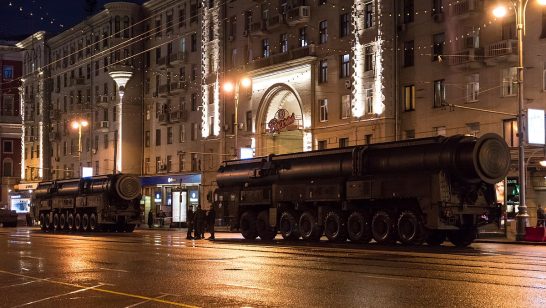
A report published today by the European Leadership Network, the Nuclear Threat Initiative, the Russian International Affairs Council and the Munich Security Conference warns that the Euro-Atlantic Region’s security policies are dangerously out-of-date, potentially destabilizing and costly.
The report “Building Mutual Security in the Euro-Atlantic Region” contains recommendations from more than 30 top military, political and security experts from across Europe, Russia and the United States. It concludes that today’s leaders should move decisively and permanently toward a new security strategy through a politically mandated dialogue and an integrated approach to the full range of security issues.
In each of the six key areas addressed in – nuclear forces, missile defences, prompt-strike forces, conventional forces, cyber-security and space – specific steps are identified to reduce dangers along with a new approach grounded in today’s opportunities and challenges.
The report is published in the names of former US Senator Sam Nunn, former British Defence Secretary Des Browne, former Russian Foreign Affairs Minister Igor Ivanov, and Munich Security Conference Chairman and former German Deputy Foreign Minister Wolfgang Ischinger.
The full report, the Co-Chairs’ Summary and Russian-language versions can be found at www.BuildingMutualSecurity.org.
The Co-Chairs’ Summary is also available for download here.
The opinions articulated above represent the views of the author(s), and do not necessarily reflect the position of the European Leadership Network or any of its members. The ELN’s aim is to encourage debates that will help develop Europe’s capacity to address the pressing foreign, defence, and security challenges of our time.





